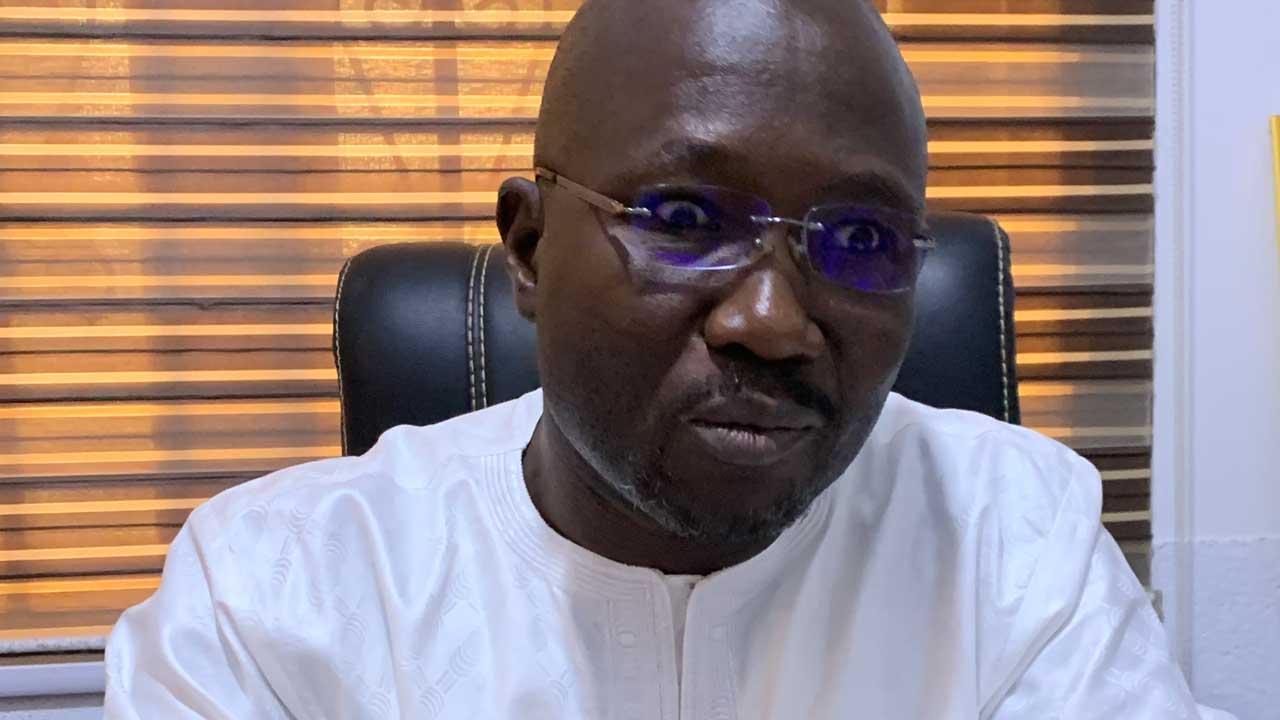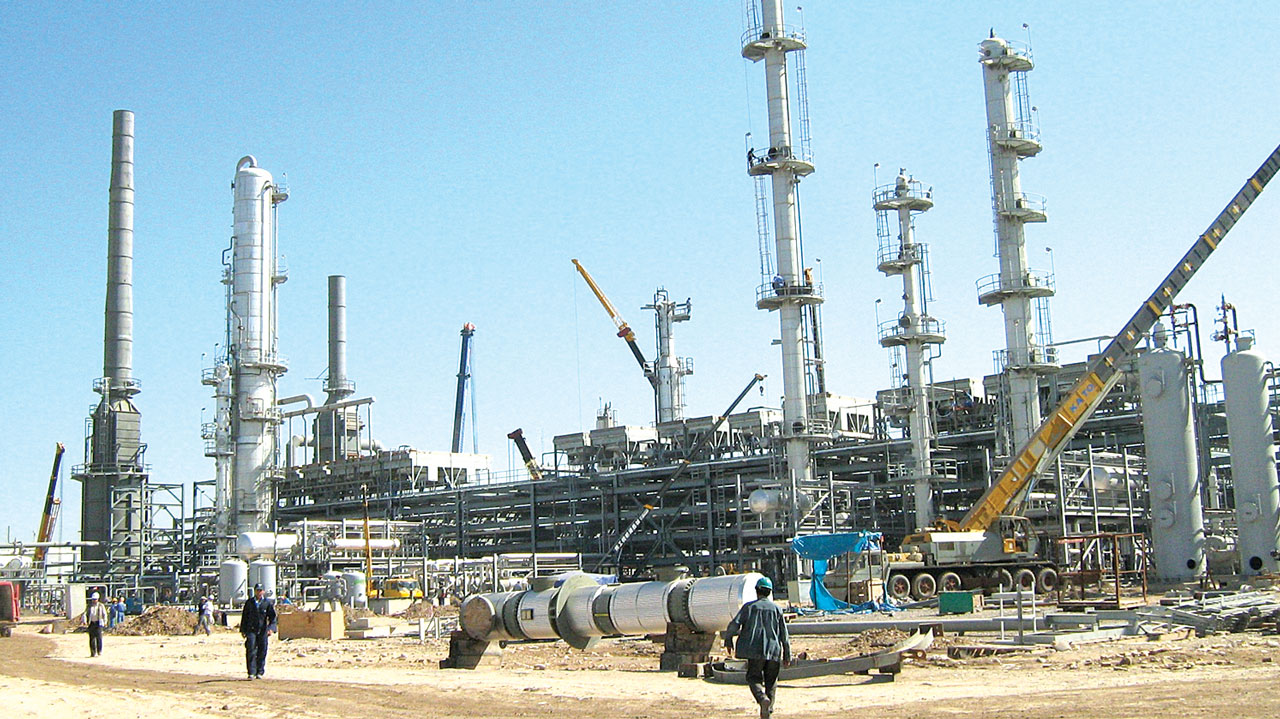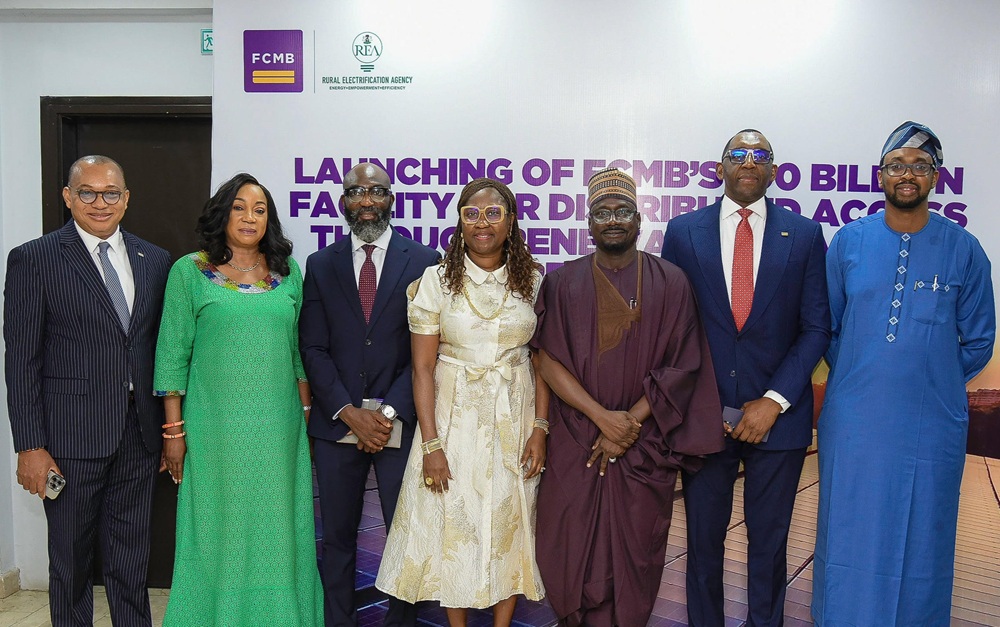
Adeyemo Titilope is the Managing Director of GeoCardinal Limited, a mining company operating in Nigeria and other countries. In this interview with KINGSLEY JEREMIAH, he discusses ways to grow the nation’s mining sector as oil revenue comes under pressure.
What is your rating of the current performance of the mining sector in Nigeria?
Under this administration, we had expected a very good entrance into the sectors, opportunities abound and the most unfortunate thing coming on board was Covid-19, which shut down a lot of programmes that were highlighted and should have taken off. When this administration came on board, we had a robust plan to develop the sector and we started on a very good note. We revitalised a lot of things that were bad.
NIETI is advocating a National Mining Company more like NNPC. Are you thinking in that line?
Naturally, it is better, because there are a lot of risks in the mining sector. With a national oil company, the government will jointly bear that risk. Despite the fact that it is a capital-intensive programme, the risks are solely left for investors. So, with a national mining company, the country will be able to develop the sector faster and that will enable it to contribute more to the nation’s economy.
You mentioned risk being a major issue in the mining sector in the way of attracting businesses. What kind of risk are you talking about?
There are a lot of risks in mining. You have to invest a lot of money, when you are doing an exploration just the same way you explore for crude oil. The government is supposed to support investors in this aspect. Sometimes, after investing in exploration, the mineral may not be of economic benefit. Exploring minerals is extensive and expensive. It must be done because you won’t get anything if you don’t explore. This administration has done a lot of things by releasing money for the ministry to generate data. The data will guide people in doing exploration, although the process has been slow due to Covid-19. Investors exploring spend a lot on surveys. They usually drill a lot of wells too before making a find.
What is the place of technology in all of this?
There is a lot of technology put together by this administration. Advocacy is going on around 26 states in the country. A South African company has been employed and they’re flying a low flying airplane, using aeromagnetic technology. This is using a laser to scan the ground to get the presence of those minerals around the area. But that is not enough, technology has improved such that one can launch satellites from far away India to check locations in Nigeria without coming here. There’s a satellite that can scan all the areas and produce results.
On regulatory and fiscal outlook, do you think Nigeria is ripe for investment?
We cannot compare ourselves with Australia and South Africa or Canada who are at the forefront of mining. Nigeria has started well by setting up a very robust Act in 2007. The document is very good. Enforcement is what we need in this country. If the enforcement is in order and the documents are in place, just like environmental laws, if they’re not being enforced people would dump refuse on the way. Despite an existing law that you have to get your bin, people would still not do the right thing. The Mineral Act of 2007, during the Obasanjo regime, is the best of all, some of those things in the Act have not been explored. It is a standard one though due for review, however, we have a very good regulatory framework on ground that if the enforcement of those laws is intact, we’re set to go and compete favourably with advanced countries.
Human settlement and mining activities are clashing across the country, including the FCT. What is your take on this, especially the environmental implications?
The problem we have is that in International communities, we have mining villages like areas where we know are concentrated for the minerals, you cannot go there and build, the law of mining is an existing law. People building across the country are the ones contravening that law. The law of mining should be primary. Even if there is mineral in the presidential villa, the villa is meant to be removed. Before any license can be granted in Abuja now you have to get a license from development control to be sure that the particular region does not have minerals.
Dangote, Lafarge and WAMCO made up about 94 per cent of the social investment in mining in 2020, and there are a lot of mining countries in Nigeria, is it something to worry about?
Mining needs finance, the people you’re talking about are big. They have access to funds with a lot of insurance policies. The person or company with the fund will continue to dominate the sector. A mining company is currently in Ilesa for gold. They have been doing their exploration for the past 20 years, so much funding would have been used before. They are listed on the Canada Stock Exchange. We need big companies to develop the sector.
We have seen insecurity disrupt a lot in Nigeria, including the oil sector. Does security have any effect over mining companies in Nigeria?
The problem of security is much, banditry, killings and kidnapping have all affected the mining sector as we cannot go into the bush like before, we now move with security operatives. You can’t enter Zamfara State despite the fact that it is endowed with gold. Niger is part of it as well. The gold there is enough without depending on federal allocation, but you can’t go there. Same goes for Borno and Yola where you have a lot of mineral resources. It’s only Osun state and south west zone that are manageably secured for people to do mining, Kaduna is also a state you can’t go to.





